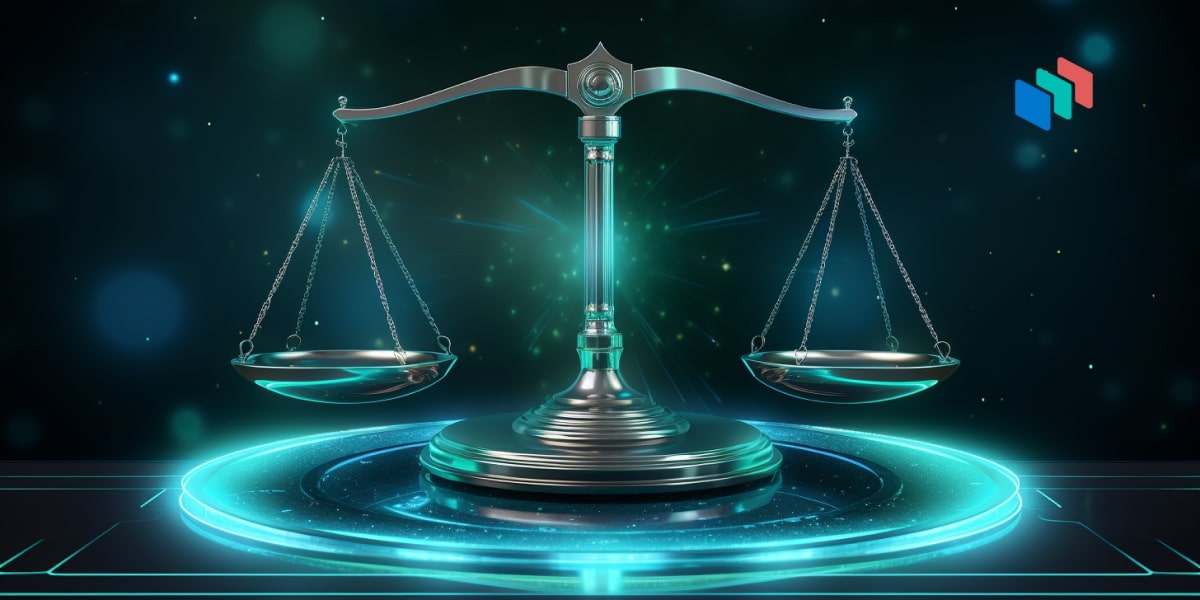What Does Chaos Theory Mean?
Chaos theory is a particular mathematical field that studies
the properties of, and predictability of, deterministic systems, or systems
that are dependent on a base set of initial conditions. Chaos theory may model
these systems in various ways, or try to make mathematical determinations about
these systems.
Techopedia Explains Chaos Theory
Chaos theory is often used for a variety of real-world systems that are dynamic or deterministic – that seem like they might be accommodating to certain predictive methodologies. Systems like these include weather and climate systems, or scientific systems such as the kinds of systems that physicists might look at in a laboratory. Other types of dynamic systems rely on the individual behaviors of masses of people or animals. In general, the entire universe and the biosphere are also seen as systems relevant to chaos theory – one aspect of chaos theory that holds that small changes ripple over time is called the “butterfly effect,” as modeled in science fiction classics, such as Ray Bradbury’s “A Sound of Thunder.”
Chaos theory can also be applied to digital or IT systems in its representation. One excellent example is fractal graphics, where a digital system models chaos theory outcomes using colorful fractals. In the visual representation, viewers can see some of the deterministic outcomes that proceed from initial conditions, making this a popular way to teach chaos theory in the classroom.
IT professionals may talk about how chaos theory could apply to technology. One example is with small world networks – some professionals looking at neural networks or other types of small world networks may be able to apply chaos theory principles.





